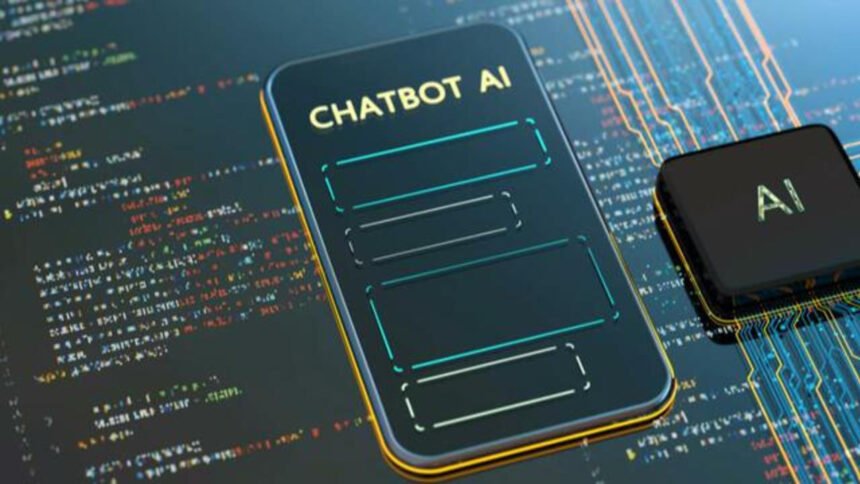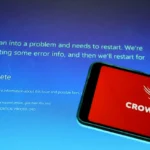Software designers are experimenting with specialized AI-powered chatbots capable of providing medical advice and diagnosing conditions. However, concerns about the accuracy of these systems persist.
This spring, Google introduced an “AI Overview” feature, where answers from the company’s chatbot began appearing above typical search results, including health-related queries. While the concept seemed promising, issues have arisen regarding the health advice provided by the software.
In the first week of its launch, one user reported that Google AI provided incorrect and potentially dangerous advice on what to do if bitten by a rattlesnake. Another search suggested people consume “at least one small rock per day” for vitamins and minerals, advice that was extracted from a satirical article.
Google has since limited the inclusion of satirical and humor sites in their overviews and removed some of the viral search results.
“The vast majority of AI Overviews provide high-quality information, with links to dig deeper on the web,” a Google spokesperson told CBS News. “For health queries, we’ve always had strong quality and safety guardrails in place, including disclaimers that remind people to seek expert advice. We’ve continued to refine when and how we show AI Overviews to ensure the information is high quality and reliable.”
CBS News confirmed that these fixes have not entirely eliminated health misinformation. Queries about introducing solid food to infants under six months old still returned incorrect tips in late June. According to the American Academy of Pediatrics, babies should not begin eating solid food until at least six months old.
Searches on the health benefits of dubious wellness trends like detoxes or drinking raw milk also returned debunked claims.
Despite these errors, many healthcare leaders remain optimistic about the potential of AI chatbots to revolutionize the industry.
“People will access the information they need,” said Dr. Nigam Shah, a chief data scientist at Stanford Healthcare. “In the short term, I’m a bit pessimistic; I think we’re getting ahead of ourselves. But in the long run, I think these technologies will do us a lot of good.”

Advocates of chatbots also note that physicians don’t always get it right. Estimates vary, but a 2022 study by the Department of Health and Human Services found that up to 2% of patients who visit an emergency department each year may suffer harm due to a misdiagnosis from a healthcare provider.
Shah compared the use of chatbots to the early days of Google itself.
“When Google Search emerged, people feared that self-diagnosis would lead to chaos. It didn’t happen,” Shah said. “Similarly, we’ll go through a phase where new, not fully formed chatbots will make mistakes, and a few will be significant. However, having information when no other option is available is generally beneficial.”
The World Health Organization is among the entities exploring AI applications. The organization’s chatbot, Sarah, pulls information from the WHO’s site and its trusted partners, reducing the likelihood of factual errors. When asked about limiting the risk of a heart attack, Sarah provided advice on managing stress, getting sufficient sleep, and maintaining a healthy lifestyle.
Ongoing advancements in design and oversight may continue to enhance these bots.
However, if you’re turning to an AI chatbot for health advice today, note the warning that accompanies Google’s version: “Info quality may vary.”










